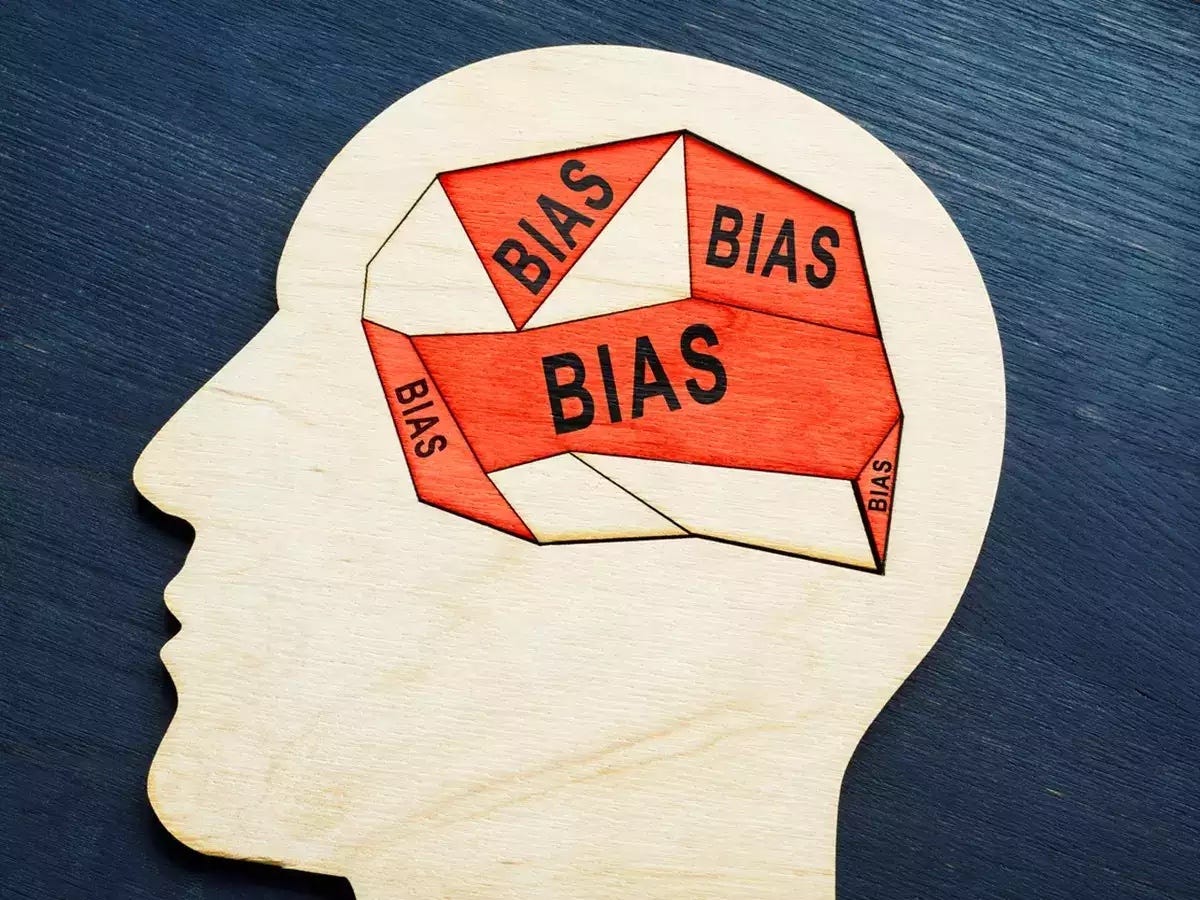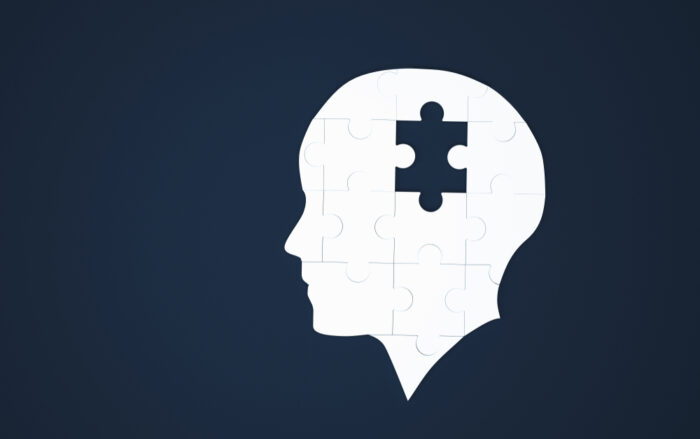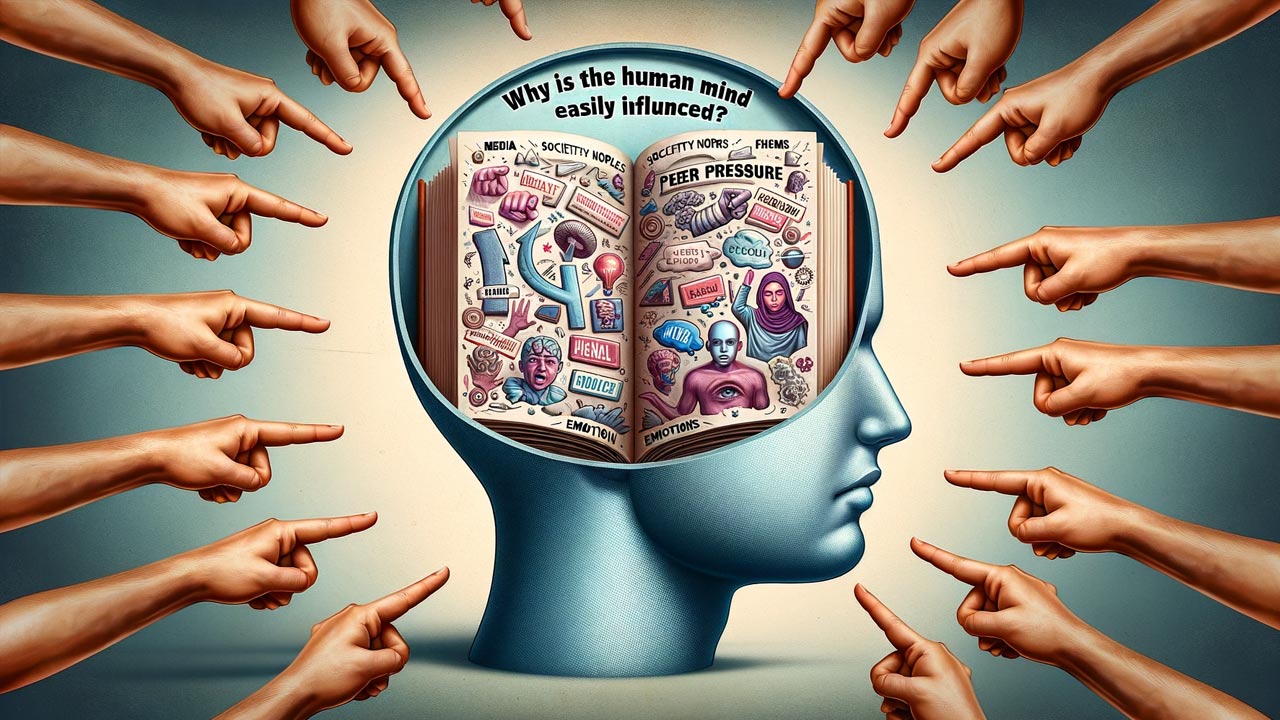The Psychology of Decision-Making: Understanding Cognitive Biases
Decision-making is a fundamental aspect of daily life, influencing everything from what we eat for breakfast to major life choices. Yet, beneath the surface of seemingly rational decisions lie intricate psychological processes that can sometimes lead us astray. This blog post delves into the intriguing realm of the psychology of decision-making, focusing particularly on cognitive biases—those subtle, often unnoticed mental shortcuts that affect how we perceive and act upon information.
What Are Cognitive Biases?
Imagine you're at a restaurant, trying to decide between two desserts: a rich chocolate cake and a light fruit salad. Your choice might seem straightforward, but underlying this decision are numerous biases that shape your preference. Cognitive biases are systematic patterns of deviation from rationality or good judgment, influencing our decisions and judgments in predictable ways. These biases often occur unconsciously, driven by our brain's attempt to simplify information processing.
Understanding Key Aspects of Cognitive Biases
1. Types of Cognitive Biases:
Cognitive biases come in various forms, each affecting different aspects of decision-making. Some common types include:
Confirmation Bias:
The tendency to search for, interpret, and favour information that confirms our preexisting beliefs or hypotheses.
Availability Heuristic:
Judging the likelihood of events based on how easily they come to mind, influenced by recent experiences or vivid examples.
Anchoring Bias:
Reliance on the first piece of information encountered (the "anchor") when making decisions.
Loss Aversion:
The tendency to prefer avoiding losses over acquiring equivalent gains.
2. Origins and Evolutionary Purpose:
These biases are not flaws in our cognitive machinery but rather adaptive strategies that have evolved to help us navigate complex environments efficiently. In ancestral times, quick decisions often meant survival, even if they were not always perfectly rational.
3. Impact on Decision-Making:
Cognitive biases can significantly impact the quality of our decisions, leading to errors in judgment, suboptimal choices, and even systematic distortions in how we perceive the world. For instance, biases can affect investment decisions, interpersonal interactions, and professional judgments.
The Relevance of Cognitive Biases Today
In today's fast-paced world, where information overload is common and decisions are often made under time constraints, understanding cognitive biases is more crucial than ever. By recognizing these biases, individuals can:
1. Improve Decision-Making:
Becoming aware of biases allows individuals to mitigate their effects and make more informed, rational decisions.
2. Enhance Critical Thinking:
Developing critical thinking skills helps in questioning assumptions and evaluating information more objectively.
3. Navigate Complex Environments:
Whether in business, politics, or personal life, awareness of biases equips individuals to navigate complexities with greater clarity and foresight.
Examples and Anecdotes
Consider a scenario where a team leader consistently favours ideas presented early in a meeting (anchoring bias), or a political decision influenced more by emotional appeal than factual accuracy (emotional reasoning bias). These examples illustrate how cognitive biases manifest in real-life situations, often shaping outcomes in ways that may not align with rational expectations.
Conclusion: Embracing Awareness and Curiosity
In conclusion, the psychology of decision-making and cognitive biases offers a compelling lens through which to understand human behaviour. By acknowledging the existence of these biases, we can strive to make more conscious choices, both individually and collectively. As you reflect on your own decision-making processes, consider how awareness of cognitive biases might empower you to approach decisions with greater clarity and insight. The journey of exploration into this fascinating realm continues, inviting you to delve deeper into the nuances of the human mind and the art of decision-making.
Understanding cognitive biases is not just about recognizing flaws in judgment but also about appreciating the complexity and richness of human cognition. It invites us to question assumptions, embrace curiosity, and strive for greater understanding in every decision we make. Intrigued to learn more about the psychology of decision-making and cognitive biases? Stay curious, as there is much more to uncover in this captivating field of study.


:max_bytes(150000):strip_icc()/GettyImages-1323281528-0489fbaa39f146e882fe91516166f69c.jpg)



Comments
Post a Comment